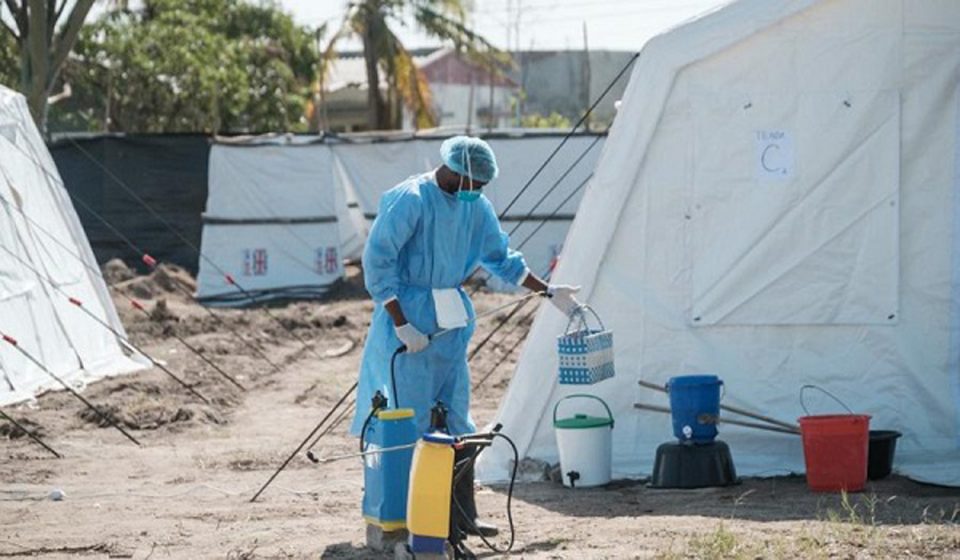Five persons have reportedly died and 60 others hospitalized from the outbreak of severe gastroenteritis in communities around Eti Osa, Lagos Island, Ikorodu and Kosofe local government areas of Lagos State.
The Lagos State Commissioner for Health, Prof. Akin Abayomi, who disclosed this while reacting to the state surveillance reports, said the state government has issued a call for heightened vigilance and the adoption of precautionary measures to prevent the spread of a potential cholera outbreak in the state.
Abayomi further revealed that sadly, five deaths have been recorded mainly from patients presenting late with extreme dehydration.
“We have activated a statewide heightened surveillance and response. The Ministry of Health Directorate of Environmental Health and the Lagos State Environmental Protection Agency (LASEPA) have been alerted to investigate a possible water contamination source in the Lekki Victoria Island axis. We suspect a possible cholera outbreak; however, samples have been taken for confirmation. As of April 28, 2024, Nigeria reported 815 suspected cholera cases and 14 deaths across 25 states,” he said.
The Commissioner noted that following recent rains, Lagos State has seen a notable increase in cases of severe vomiting and watery stools, adding that urban slums and crowded areas with poor sanitation are particularly at risk.
Abayomi explained that cholera is a highly contagious disease that causes severe diarrhoea and can be life-threatening, adding that it poses a significant health burden in areas with poor water treatment and sanitation, and could impact Lagos State.
“Cholera spreads through direct transmission by eating or drinking contaminated food or water, and indirect transmission due to poor sanitation and lack of hand washing. Symptoms of cholera include severe watery diarrhoea, vomiting, rapid dehydration, muscle cramps, fever and sometimes collapse,” he said.
According to him, treatment options for cholera include rehydration using Oral Rehydration Salts (ORS) for mild to moderate dehydration.
He added that Intravenous Fluids could be adopted for severely dehydrated patients given only in medical facilities and supervised by medical personnel.
“To prevent cholera, citizens are urged to ensure safe drinking water by boiling, chlorinating, or using bottled water, and avoiding ice products made from untreated water. Maintaining proper sanitation by using toilets, safely disposing of faeces, and avoiding open defecation is crucial.
“Practicing good hygiene, such as washing hands with soap and clean water regularly, especially before eating, preparing food, and after using the toilet, is essential and following food safety guidelines,” the Commissioner advised.
He enjoined citizens to rely on the Lagos State Ministry of Health, the Nigeria Centre for Disease Control (NCDC), and accredited local health facilities for guidance, advice, and updates on prevention, treatment, and management.
The commissioner added that suspected cases can be reported via the following emergency hotlines: 08023169485, 08137412348, or by using helplines 767 or 112.
While emphasising the importance of maintaining high standards of hygiene and taking proactive measures to prevent cholera outbreaks, Professor Abayomi promised to keep the public informed and restated the commitment of the Government of Mr Babajide Sanwo-Olu to ensuring the health and well-being of its citizens.
“We urge everyone to adopt these preventive measures and report any suspected cases promptly to safeguard our communities,” he stated.


previous post

